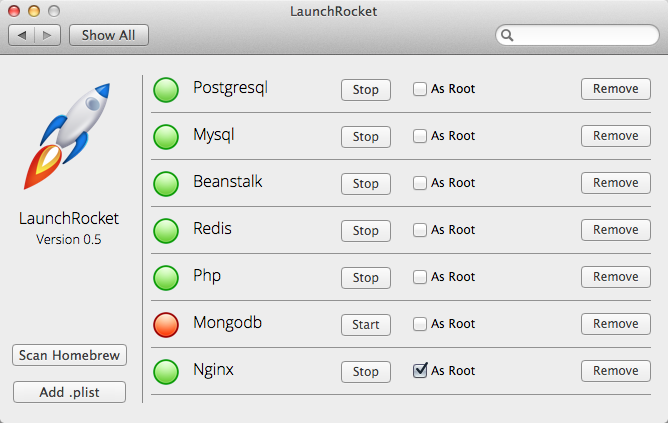If you’re a manager or is about to become one, try these lessons I’ve learned starting from business school (I have a degree in Finance) and all throughout my career at this point. I realized that I’ve forgotten some of these and this is a great reminder.
The best managers do not “manage”, instead, they inspire and create a working environment for others to flourish. They also hire the right people for the job with the personality that fits the team, no matter how talented someone is. The same goes for getting rid of anyone that throws off the team balance.
Here’s my list of “things”:
- Always eat together. I made it mandatory for everyone to eat lunch together. I never compromised on this and you shouldn’t either.
- Don’t interfere with productive creativity. In other words, stay out of the way and let people soar.
- Learn to sell your ideas. The sales skill I learned (yes, it’s learned, not born with as some people would say) still applies to all aspects of my life.
- Always put yourself in their shoes.
- Entertain. People should look forward to talking to you, not dread it
- Protect your people. Never throw anyone under the bus, even if they deserve it.
- Listen!
- Don’t try to change things that will never change. It’s okay to accept the fact that cows can’t talk no matter how hard you try to teach it.
